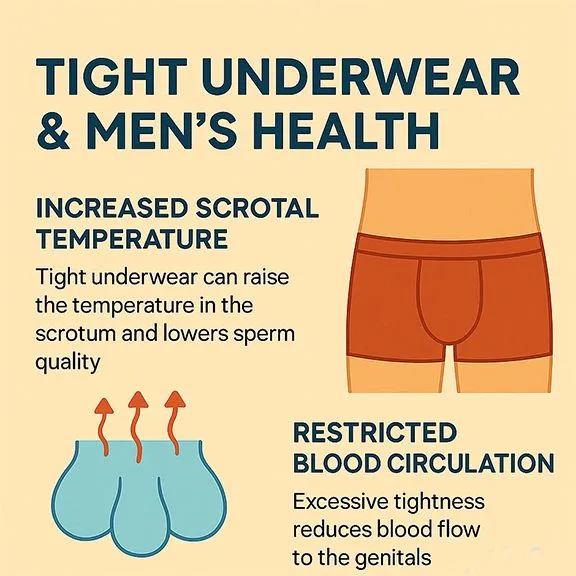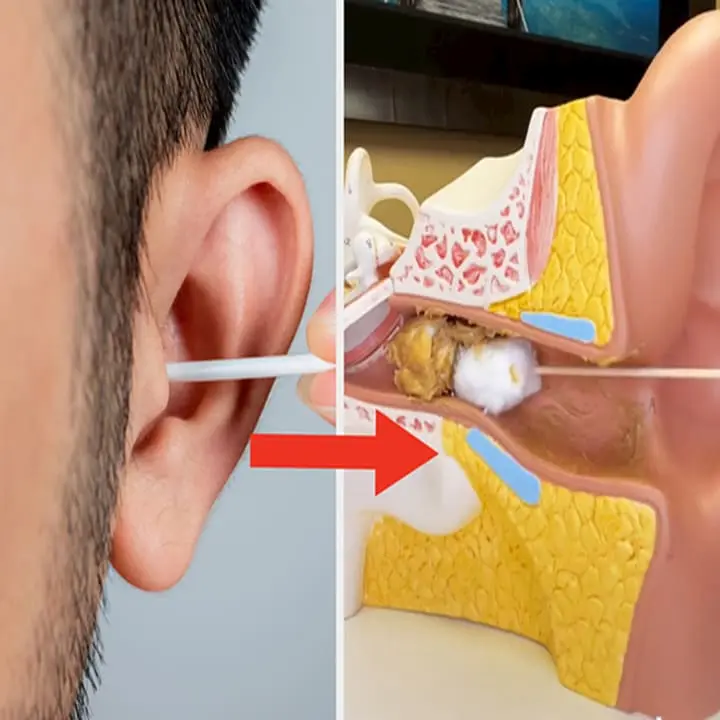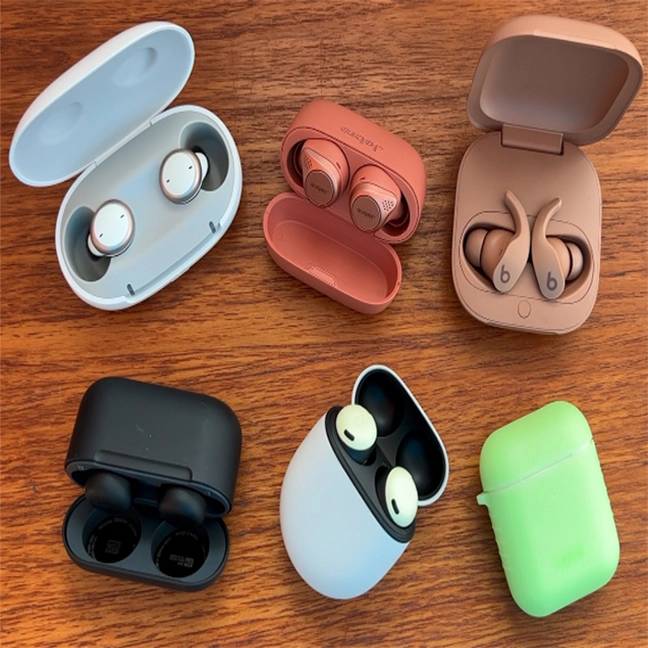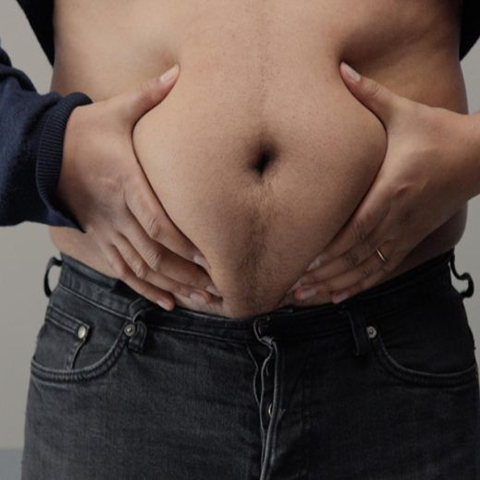Water is essential for life—constituting up to 60% of your body weight. Staying well-hydrated isn’t just about quenching thirst; it supports nearly every function in your body. Robust hydration is the key to better health, energy, and well-being.
1. Boosts Physical Performance
Even mild dehydration—losing just 2% of your body’s water—can reduce strength, endurance, and coordination. Proper hydration helps you exercise longer, recover faster, and maintain optimal performance.
2. Supports Mind and Mood
Your brain is 75% water. Hydration affects energy, memory, alertness, and mood. Studies link dehydration to mood swings, fatigue, and attention issues. Drinking water can help you think clearly and feel more energized throughout the day.
3. Helps Maintain Body Functions
- Regulates body temperature: Water cools your body through sweat and respiration.
- Lubricates joints and tissues: Keeps joints flexible and cushions organs.
- Aids digestion and nutrient delivery: Helps break down food and transport nutrients to cells.
4. Promotes Weight Management
Drinking water can support weight control by:
- Filling you up—drinking before meals can decrease calorie intake
- Thermogenesis—barely 500 ml of water may boost your metabolic rate slightly
5. Enhances Skin Health
Hydration helps maintain skin elasticity and plumpness. While it’s not a cure for all skin conditions, drinking enough water supports healthier, more hydrated skin overall.
6. Flushes Toxins Naturally
Water aids kidney function, helping eliminate waste through urine. Staying hydrated helps reduce the risk of kidney stones and urinary tract infections.
7. Prevents and Eases Headaches
Dehydration is a common trigger for headaches and migraines. Often, drinking water early can prevent or quickly ease these discomforts.
🔧 Practical Hydration Tips
- Use a water bottle: Refill and track your intake (e.g., 8×8 oz glasses = ~2 L/day).
- Add flavor naturally: Try lemon, cucumber, mint, or a splash of fruit juice.
- Set reminders: Use your phone or smart watch to prompt regular sipping.
- Eat water-rich foods: Include fruits and veggies like watermelon, cucumber, celery.
- Monitor urine color: Light yellow suggests good hydration; dark means drink more.
How Much Should You Drink?
- Common advice: ~2.7 L/day for women, ~3.7 L/day for men (from all sources).
- Factors like activity level, heat, health, and pregnancy can increase your needs.
- Listen to your body: Thirst, urine color, and energy levels are great indicators.
Final Thoughts
Drinking water is simple, inexpensive, and powerful. From improved energy to clearer skin and better digestion, hydration supports every part of your health. Make it a daily habit—and feel the difference.














Leave a Reply